Portable power is becoming more relevant now than ever in the past, as individuals are demanding effective off-grid products that can support the way of life in the modern world. The reason is that with the ever-growing number of electronic devices and outdoor activities, as well as remote employment, one needs to access power anywhere. Portable power stations are clean and effective sources of power that can be used for camping, traveling, and outdoor projects. They can also serve as an essential backup during blackouts, natural disasters, or medical emergencies. Unlike other generators, they are green, silent, and flexible, and can be utilized in personal and work scenarios. In a mobile, resilient world, portable power can be convenient, safe, and productive at all times.
What is a 5kWh Portable Power Station?
A portable power station is a small rechargeable battery system, based on 5kwh portable power station, which is enough to supply small appliances, electronics, and even some home essentials for hours. At its simplest, 1kWh is one thousand watts in one hour, and 5kWh is a significant amount of backup power. Portable power stations are safe to use indoors, unlike traditional fuel generators, which are clean, quiet, and produce zero emissions. They also operate on rechargeable batteries instead of gasoline, which is convenient, sustainable, and more versatile.
Key Features That Make 5kWh Stations Stand Out
1. Battery Type
- LiFePO4 (Lithium Iron Phosphate): LiFePO4 batteries are considered one of the most significant characteristics of contemporary portable 5kWh power stations. They are characterized by outstanding safety, thermal stability, and extended cycle life, in many cases exceeding 3,500 to 5,000 charge cycles. This implies that they will last many years without significant loss of value, making them a good investment in both the long and short run for households and businesses.
- Lithium-ion: There are models that may utilize conventional Lithium-ion cells. They are lighter and smaller than LiFePO4, but also tend to have a lower lifespan. Yet, they remain efficient and powerful and can be a good option in case portability and weight are the primary concerns.
2. Charging Options
- Wall Charging (AC): The most straightforward way of charging is by simply plugging the unit into a regular wall socket. Depending on the model, it may take up to 3 to 8 hours to charge up.
- Car Charging (12V): We also have some stations available with a choice of charging via the 12V socket of the vehicle. It is primarily applicable during road trips when you need to ensure your station is always on hand, wherever you are on the road.
- Solar Charging: Solar charging is a favorite with off-grid dwellers and sustainable residents. Using the solar panel network, people will be able to utilize renewable energy to replenish their power station during the day.
- Hybrid Charging: Premium stations allow charging over two devices at once, e.g., both solar and wall power. It significantly saves time taken to charge the battery, which can be essential during emergencies or outdoor adventures.
3. Port Types & Connectivity
- AC Outlets: Power up necessary home appliances, such as fans, televisions, refrigerators, or medical devices.
- DC Ports: Perfect to operate portable coolers, routers, or LED lighting systems.
- USB-C Ports: Rapid charging of contemporary devices like laptops, tablets, smartphones, etc.
- USB-A Ports: Basic fees apply to small devices, such as headphones, cameras, and watches.
- EV Charging: Some high-end 5kWh stations may even charge electric cars, making them more versatile.
Use Cases: Where a 5kWh Power Station Shines
- Lifepo4 can keep household essentials running during blackouts, including lights, fans, refrigerators, and internet routers, ensuring comfort and safety.
- It serves as a reliable backup for medical equipment, such as oxygen concentrators or CPAP machines, providing peace of mind during emergencies.
- During outdoor adventures like camping, it powers cooking gear, portable refrigerators, lights, and entertainment devices without the noise or fumes of fuel generators.
- On RV trips or long road journeys, it keeps appliances, navigation systems, and gadgets charged while also being rechargeable from the vehicle or solar panels.
- At remote worksites, it can run laptops, power tools, routers, and small machinery, providing consistent energy where grid access is unavailable.
- It is helpful for mobile businesses such as food trucks or pop-up stalls, helping run equipment efficiently.
- In times of natural disasters or extreme weather, it ensures communication devices, radios, and safety equipment remain powered.
- It also supports eco-conscious users who want clean, renewable energy storage without relying on gasoline or diesel generators.
Benefits of a 5kWh Portable Power Station
Silent Operation Compared to Fuel Generators
One of the most significant advantages of a 5kWh portable power station is its quiet performance. Unlike traditional fuel generators that produce constant noise and fumes, these stations operate silently, making them ideal for home use, camping trips, or overnight backup. It ensures comfort during emergencies and peaceful use in shared spaces without disturbing others.
Eco-Friendly & Renewable Energy Integration
5kWh power stations are emission-free, producing no harmful gases or pollutants. They are safe to use indoors and can be paired with solar panels for renewable energy storage. By integrating solar charging, users can harness clean, sustainable energy, reducing their carbon footprint and dependence on fossil fuels.
Cost Savings Over Time
Although the upfront cost may be higher than that of a traditional generator, long-term savings are significant. There are no recurring expenses for fuel, oil, or frequent maintenance. With durable batteries like LiFePO4 lasting thousands of cycles, the investment pays off in reliable, low-cost energy over many years.
Versatility and Convenience
These power stations are highly versatile, capable of running household appliances, medical equipment, tools, and electronics. Lightweight and portable, they can be taken anywhere—whether on a road trip, worksite, or as a home backup—offering unmatched convenience and peace of mind.
How Long Can a 5kWh Power Station Last?
A 5kWh portable power station can power household essentials for several hours. For example, it can run a refrigerator (150W) for about 30 hours, a fan (50W) for 100 hours, or charge a laptop (60W) over 80 times. Multiple LED lights (10W each) could run for more than 400 hours. Charging times depend on the method—wall outlets may take 4–8 hours, solar panels 6–12 hours, depending on sunlight. Actual runtime varies by device wattage and usage.
Choosing the Right 5kWh Portable Power Station
- Match capacity with usage needs; check total wattage of appliances to avoid overload.
- Ensure continuous and surge power output meets requirements for devices like fridges or tools.
- Consider portability; 5kWh units can be heavy, so look for wheels, handles, or modular designs.
- Balance storage size with mobility if using for camping, RVs, or worksites.
- Choose stations with safety certifications (UL, CE, FCC) for protection against overheating, short circuits, or overcharging.
- Prefer reputable brands that offer strong warranties, reliable batteries, and excellent customer support.
- Check for expandability; some units allow additional batteries or solar panel integration.
- Expandable options provide longer runtimes and flexibility for future power needs.
Future of Portable Power Stations
The future of portable power stations looks promising with rapid advances in battery technology, particularly 12v lifepo4 battery and solid-state batteries, offering longer lifespans, higher safety, and faster charging. Increasing smart integration will transform these devices into intelligent energy hubs, with IoT connectivity, mobile apps for remote monitoring, and AI-powered systems that optimize energy usage. Combined with renewable inputs like solar, upcoming power stations will be more efficient, eco-friendly, and user-friendly, making them essential for homes, travel, and emergency preparedness.
Is a 5kWh Portable Power Station Worth It?
Yes, a 5kWh portable power station is absolutely worth it for those seeking reliable, clean, and versatile energy. It offers the perfect balance between capacity and convenience, providing enough power to run essential appliances, charge multiple devices, and support outdoor adventures without the noise or fumes of fuel generators. While the upfront cost may seem high, the long-term benefits—low maintenance, compatibility with renewable energy, and extended battery life—make it a wise investment. It ensures peace of mind, sustainability, and independence wherever power is needed.
FAQS
How much does a 5kWh portable power station cost?
A 5kWh portable power station typically costs between $2,500 and $5,000, depending on the brand, battery type, and features such as expandability or solar compatibility. Prices vary, but the investment pays off with durability, clean energy, and long-term savings.
Can it power an entire house?
A 5kWh station can run essential appliances—such as a fridge, lights, fans, and laptops—for many hours but may not be able to power an entire home continuously. For full-house coverage, larger or expandable systems are recommended, while 5kWh models work well as reliable backup solutions.
How long does it take to charge?
Charging time depends on the method. A wall outlet may take 4–8 hours, solar charging 6–12 hours, depending on panel size and sunlight, and car charging takes considerably longer. Hybrid methods (wall + solar) provide the fastest recharge times.
Is solar charging effective for a 5kWh capacity?
Yes, solar charging is highly effective, especially with multiple panels. Though slower than wall charging, it provides renewable, sustainable energy. With good sunlight and efficient panels, a 5kWh unit can be recharged within a day, perfect for off-grid use.
What’s the lifespan of the battery?
Most 5kWh stations using LiFePO4 batteries last 3,000–5,000+ cycles, translating to 8–10 years of regular use. Lithium-ion models may last fewer cycles. Proper care—avoiding extreme heat, over-discharging, and storing correctly—helps maximize battery life and overall performance.




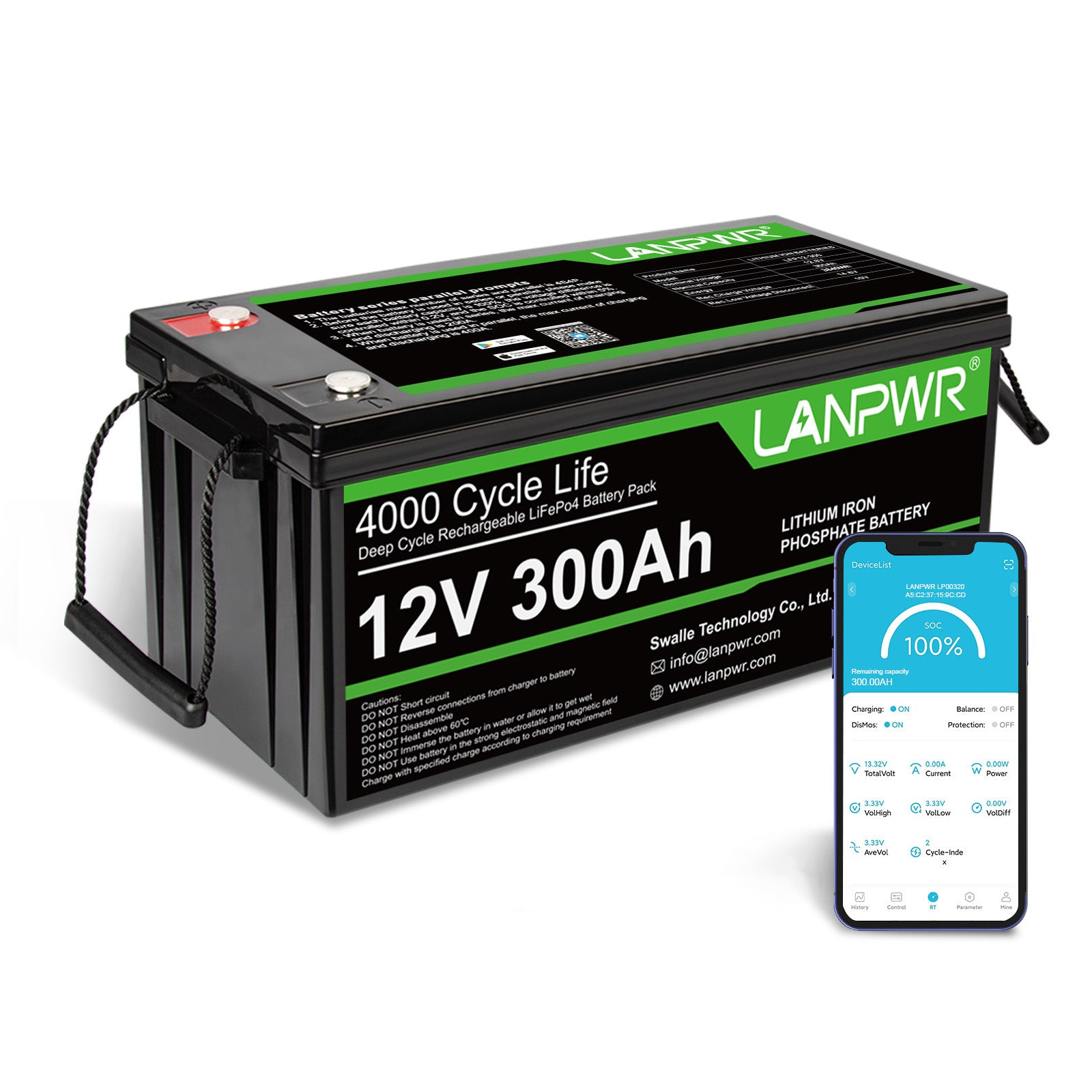
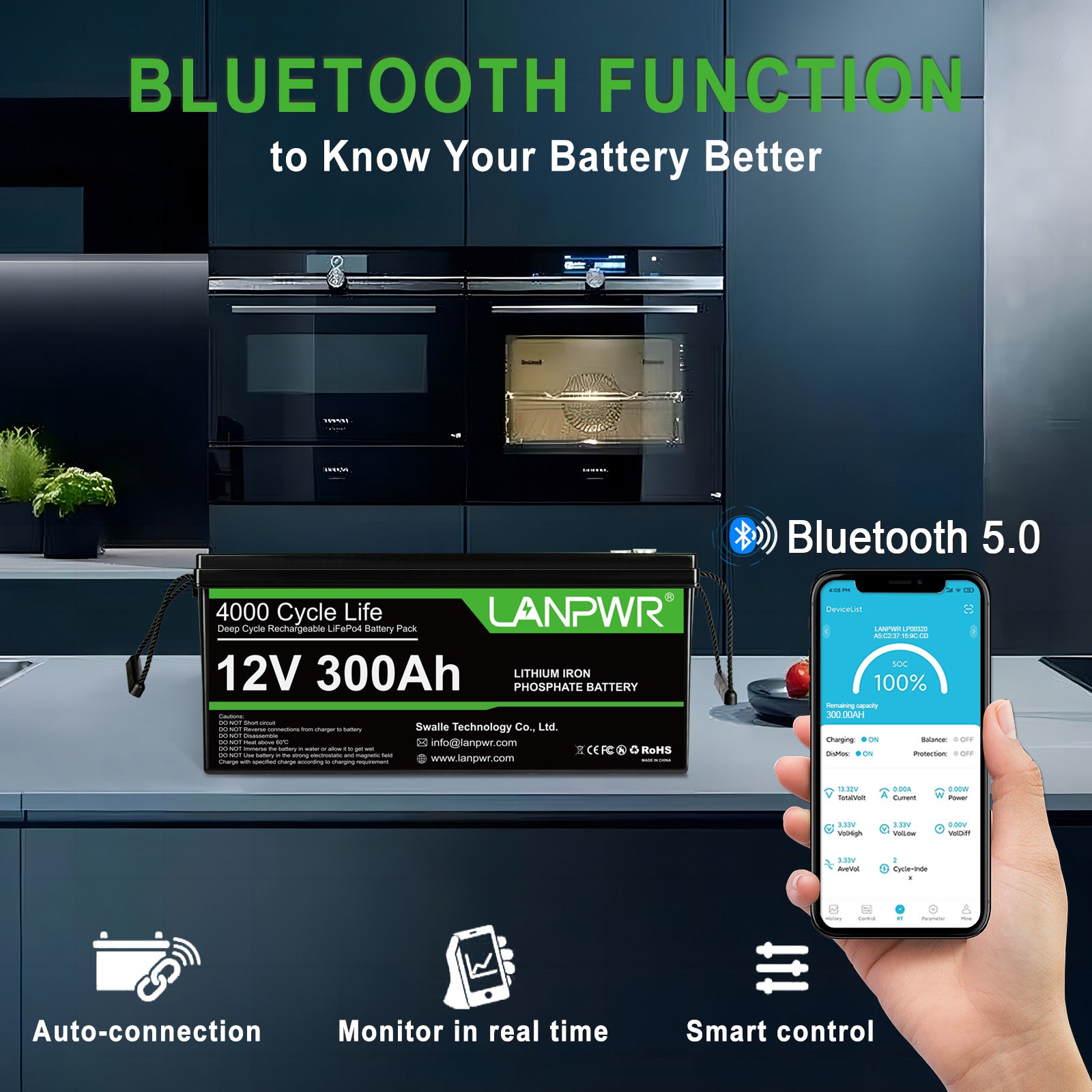
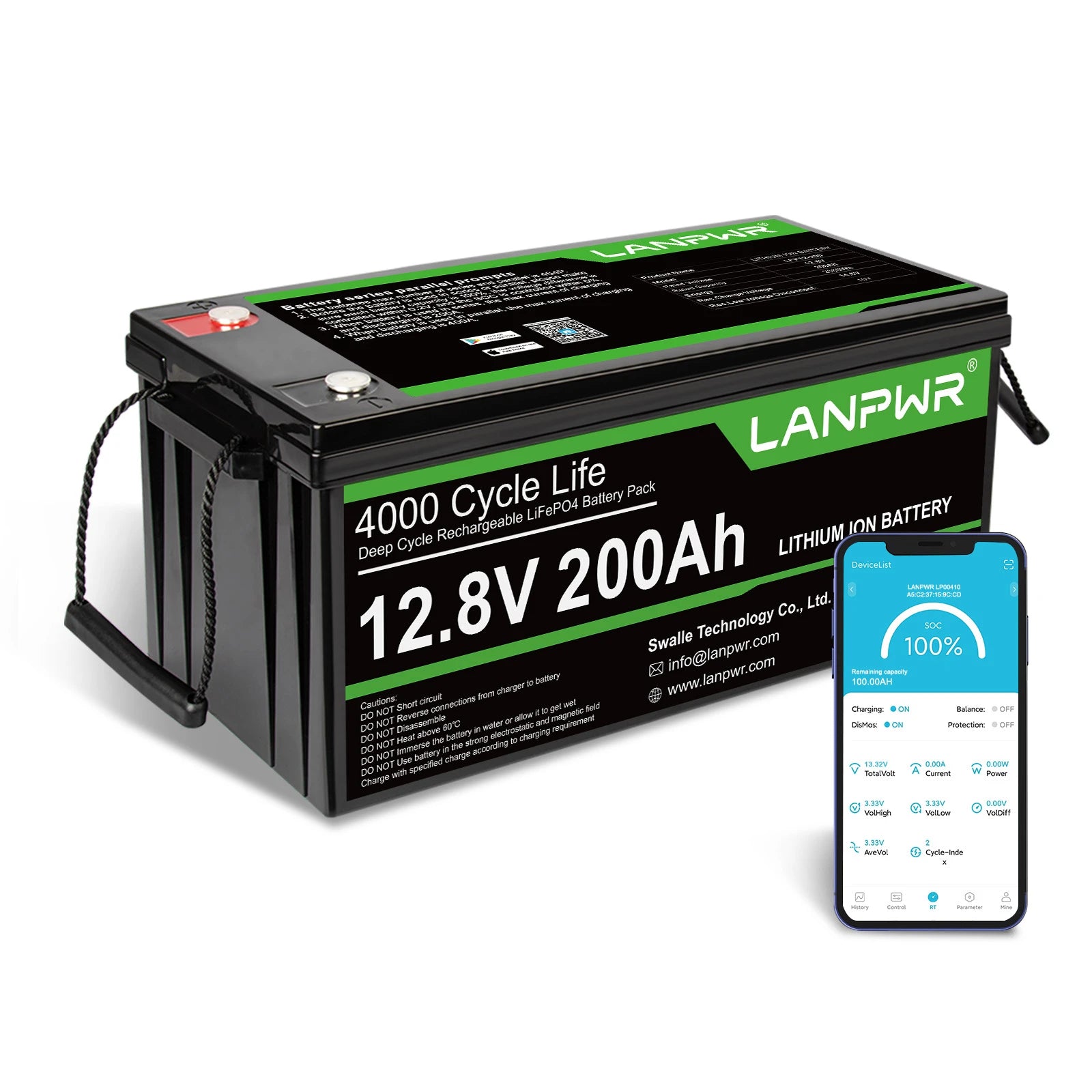
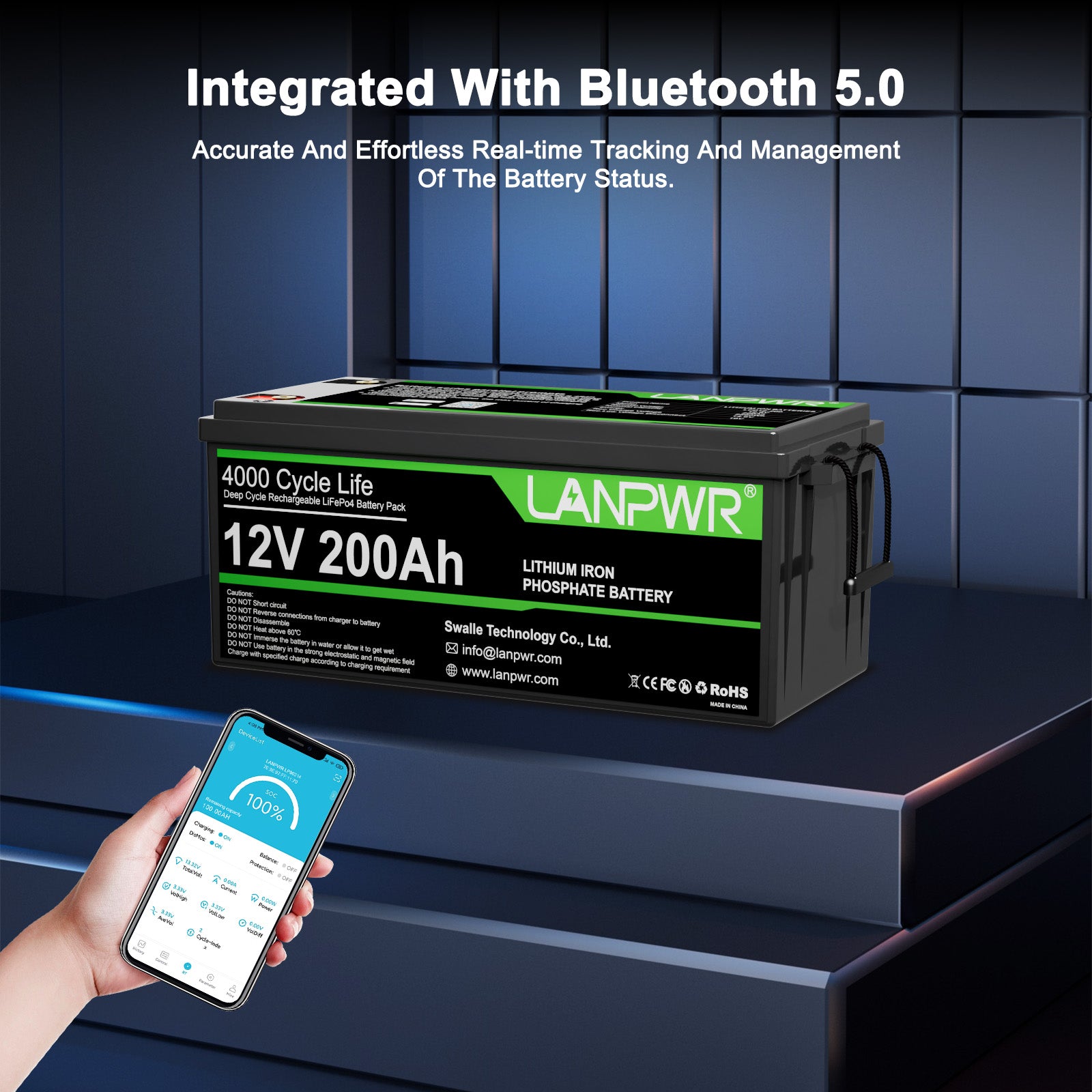
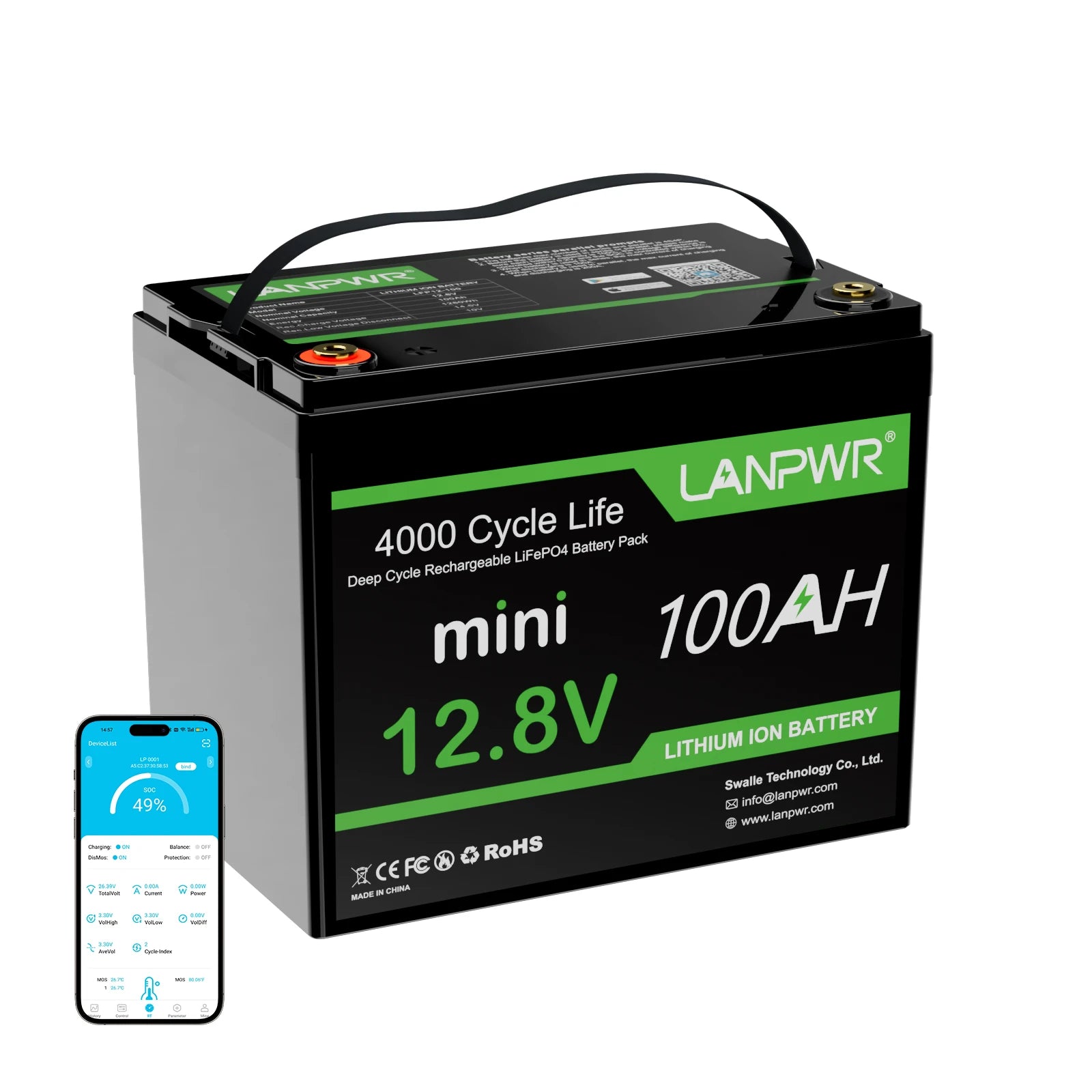

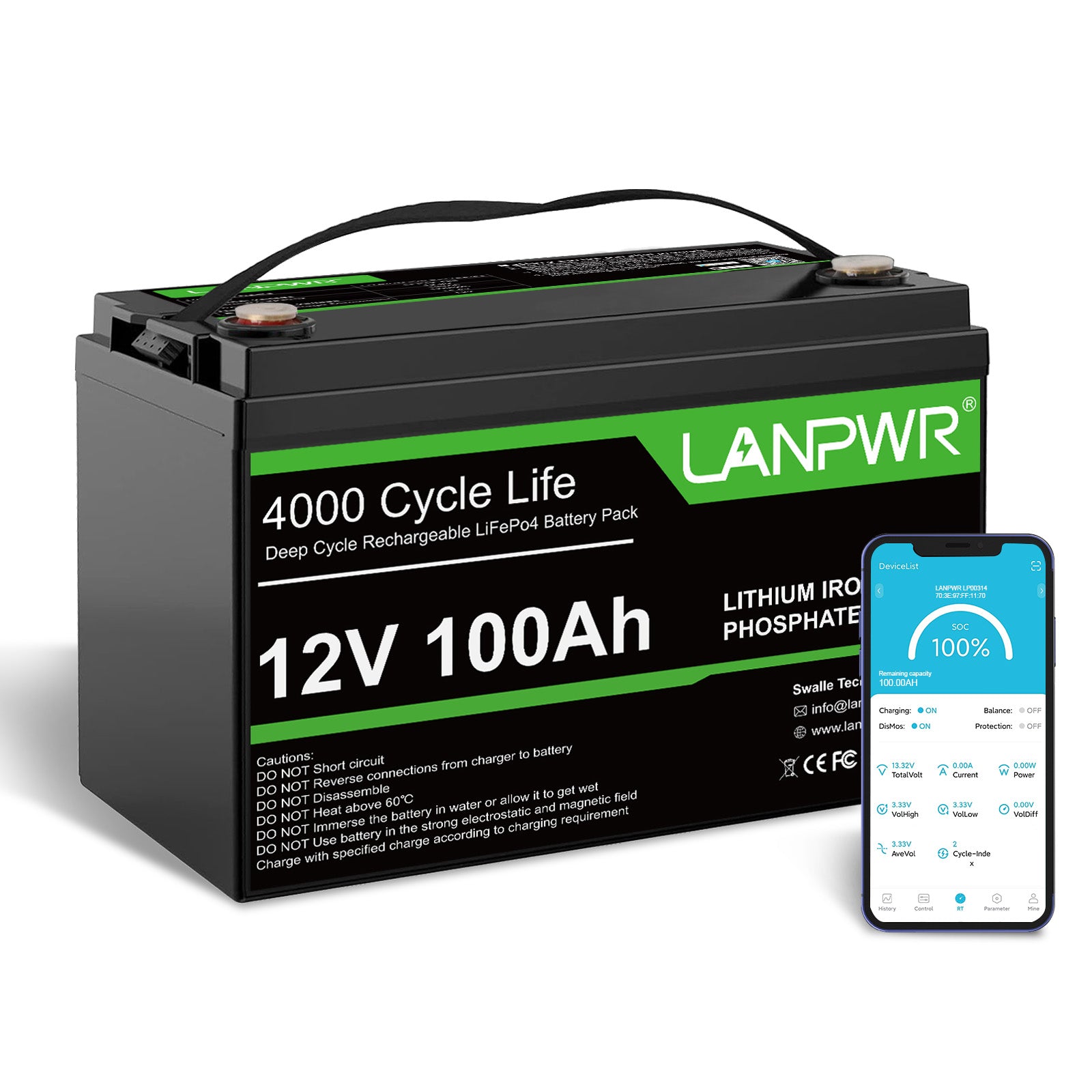

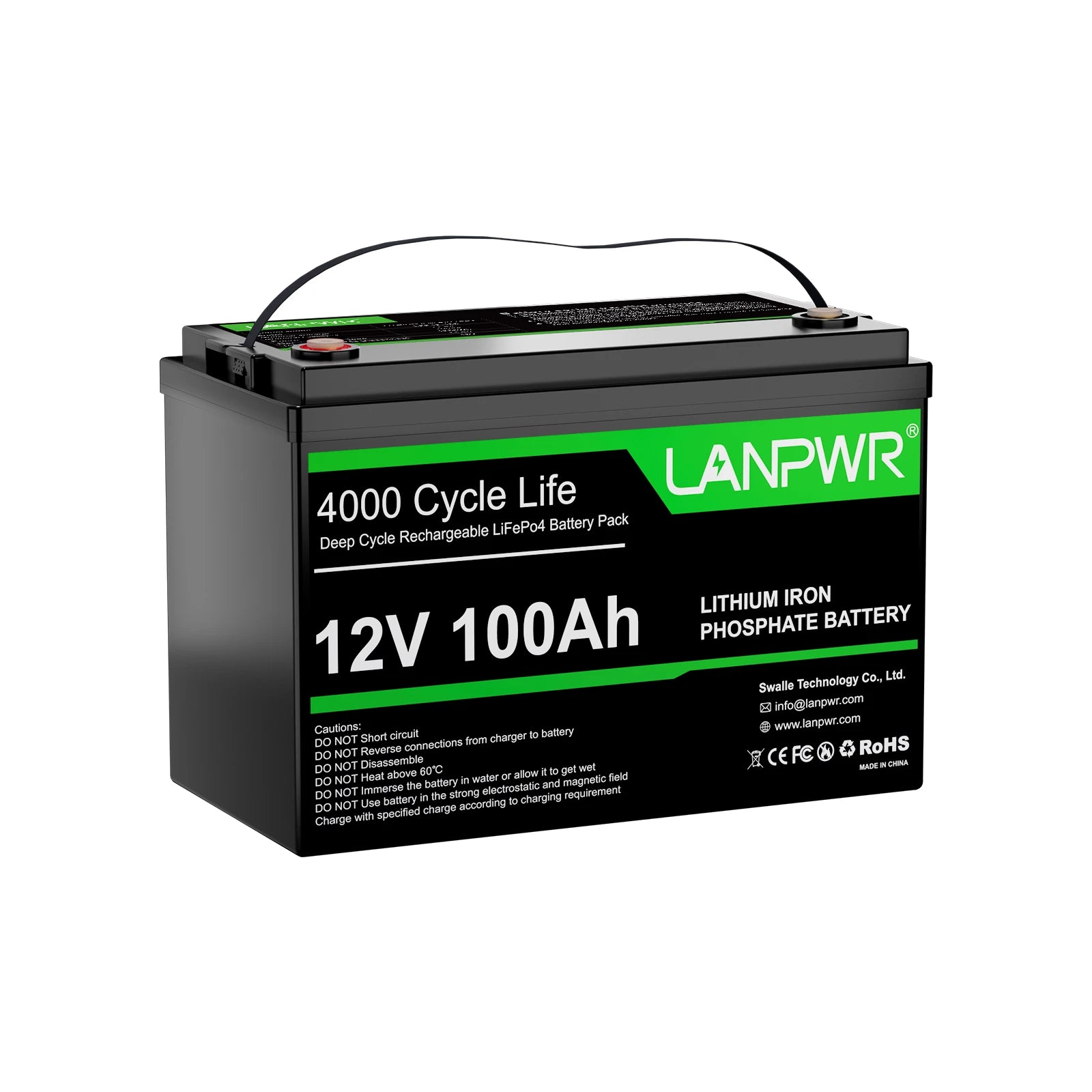
Leave a comment
This site is protected by hCaptcha and the hCaptcha Privacy Policy and Terms of Service apply.